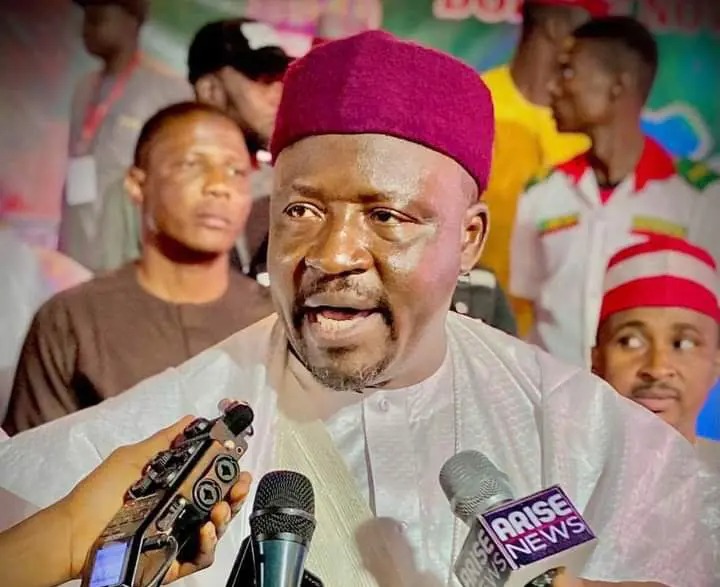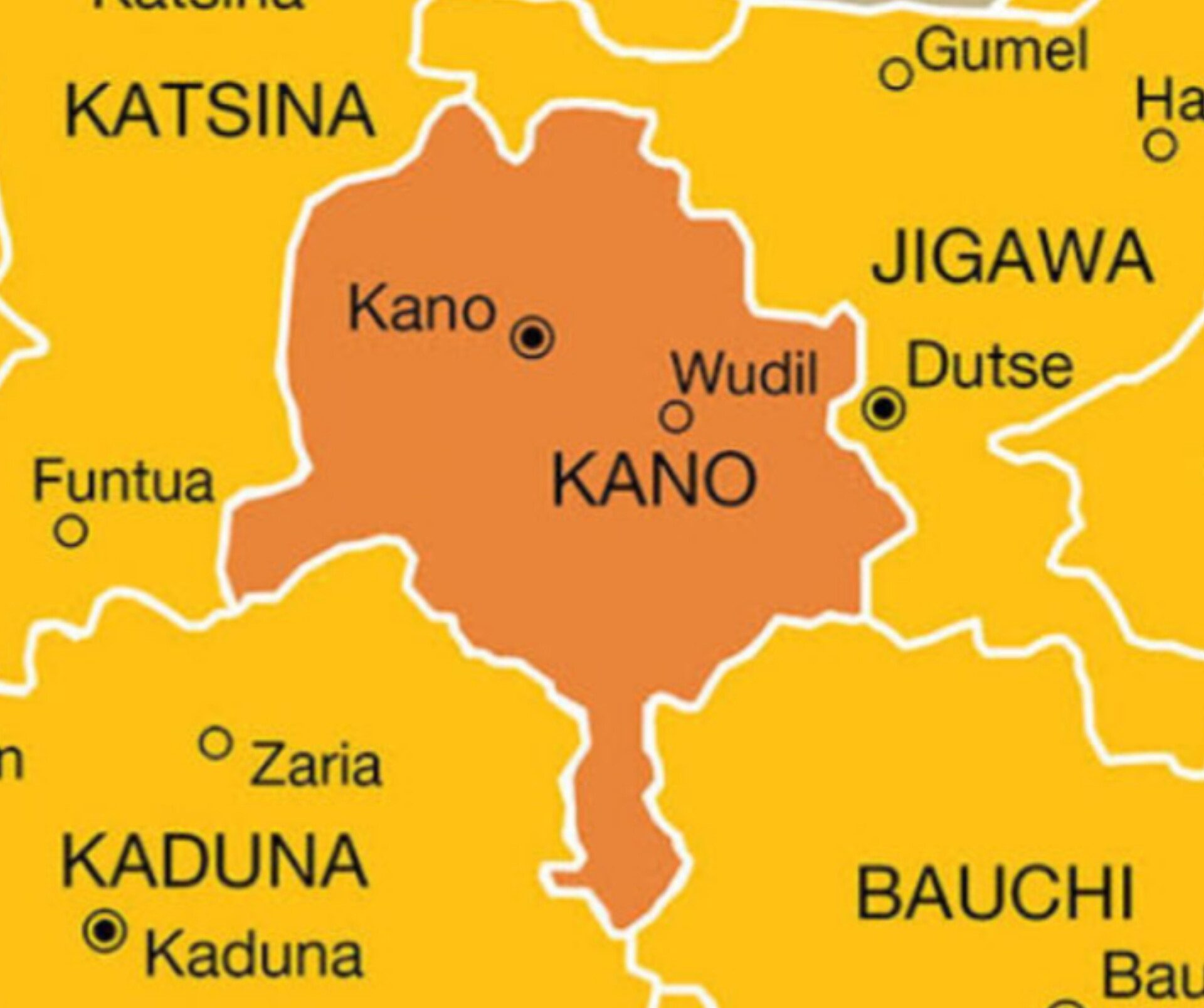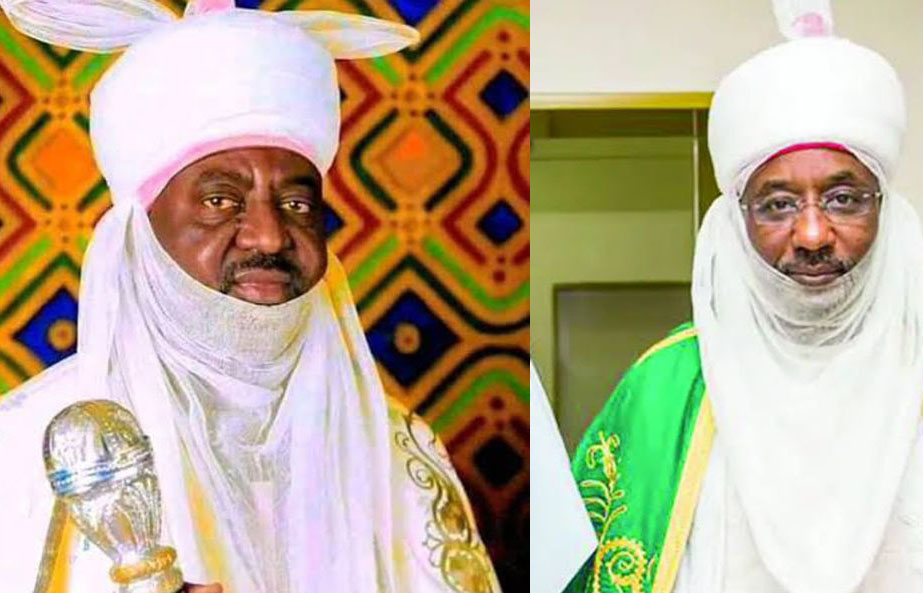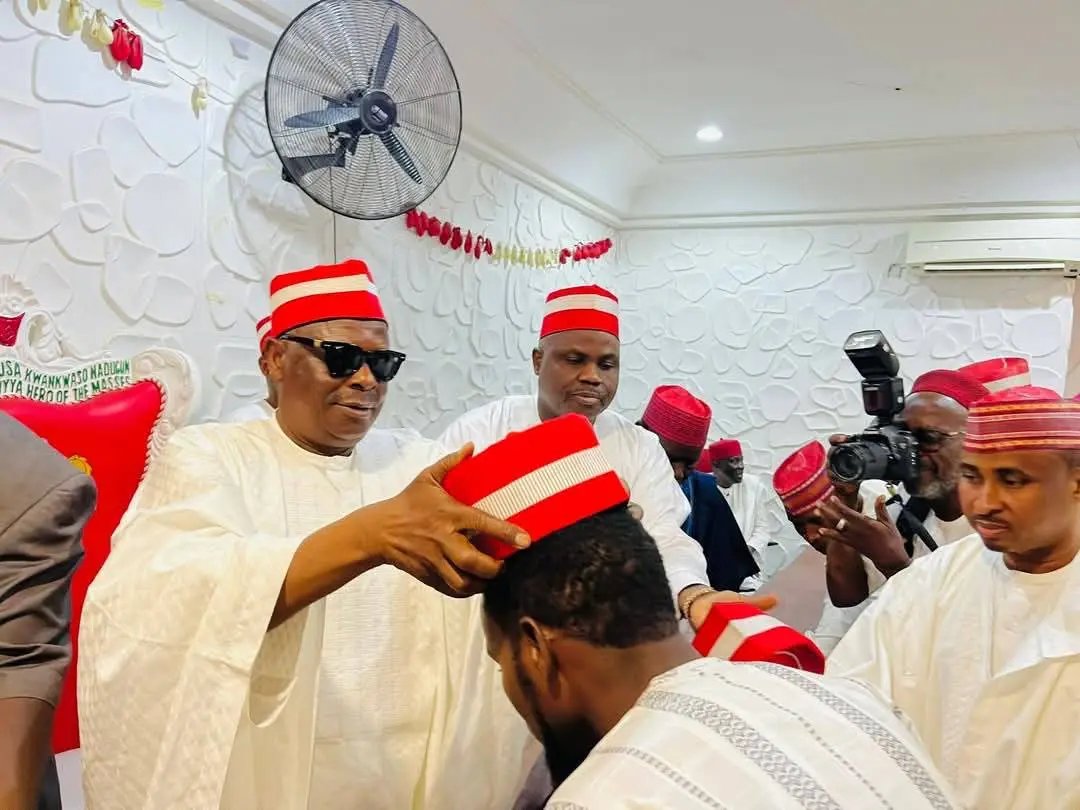As the controversy over the take home pay of Nigerian senators continues, the Senator representing Kano South, Senator Sumaila Kawu, has revealed that he earns over N21m monthly as a total take-home package.
Contrary to the N13.5m claims in some quarters the Revenue Mobilisation Allocation and Fiscal Commission (RMAFC) has disclosed that each Senator takes N1,063,360,00 as monthly salary and allowances.
The Chairman of RMAFC, Mohammed Bello Shehu, made the disclosure through a statement in Abuja on Tuesday

He said, each Senator collects a monthly salary and allowances of N1,063,8860.00 made up of basic salary- N168,366,70; motor vehicle/fuel maintenance allowances- N266,50.00, Personal Assistant N42,216.66, Domestic staff N126,650.00 Entertainment N50,660.
Others are– Utilities N50,660.00, Newspapers/ Periodicals N25,330.00, Wardrobe N42,216,66.00, House maintenance N8,443,.00 and Constituency Allowance N422,166.66 respectively.
However, Senator Kawu in an interview with British Broadcasting Hausa Service, on Wednesday morning disclosed that although his monthly salary is about N1m, but his total take-home was N21m, a wide margin from figures quoted by RMFAC.
Kawu said, “The amount of salary I receive per month is less than N1m, if there are cuts, it comes back to about six hundred thousand naira and a little something as salary.”
He noted that there are usually a few deductions by the RMFAC.
The issue of the amount of money received by federal lawmakers stirred up fresh controversies since last week.
Last week, Chief Olusegun Obasanjo, who was president between 1999 and 2007, had Friday in Abeokuta, Ogun State Capital while receiving in audience, six members of the House of Representatives, led by Ikenga UgoChinyere who visited him, chided the federal lawmakers for fixing their salaries and emoluments.
During the parley, Obasanjo said, “In your case, with all due respect, you’re not supposed to fix your salaries. But you decide what you pay yourself, the allowances that you give yourselves (including) newspaper allowances.
“You give yourselves all sorts of things, and you know it is not right. It is immoral, (yet) you are doing it, the Senate is doing it, and you are beating your chests about it. In some cases, the executive gives you what you’re not entitled to. You all got N200 million (each).”
Recall that former Kaduna Central Senator, Shehu Sani, had publicly disclosed that each Senator collects a monthly running cost of N13.5m in addition to the monthly N750,000 prescribed by the commission.
It would be recalled that the Senate in a Statement on Sunday refuted the claims by Obasanjo stating that they were unfounded.




